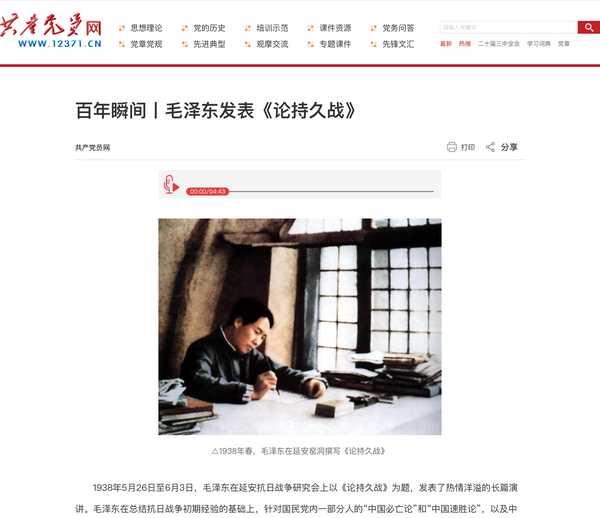Fan Reactions to Wang Hao's Response on Olympic Champions' WTT Finals Withdrawal
Chinese table tennis head coach Wang Hao’s explanation for Ma Long and Fan Zhendong’s WTT Finals withdrawal sparked controversy, with fans questioning the consistency of post-Olympic recovery policies and ranking point protection.

The recent withdrawal of Olympic champions Ma Long and Fan Zhendong from the 2024 WTT Finals in Fukuoka, Japan, has ignited intense discussion within the table tennis community. National head coach Wang Hao’s explanation citing post-Olympic fatigue has met with significant skepticism from fans and observers.
Wang Hao stated that both players had maintained communication with the coaching team since the Paris Olympics, and their decision to rest was understood and respected by the staff. However, this explanation has raised several critical points of contention:
The age difference between the players - Ma Long (35) and Fan Zhendong (27) - makes the identical treatment questionable. Many argue that their post-Olympic recovery needs should be evaluated differently given their age gap and career stages.
Fan Zhendong’s recent competitive history presents an interesting contrast. After winning the Yang Zhou tournament, he participated in 38 matches, losing only three internal competition matches. This intense schedule makes the sudden need for rest appear inconsistent to many observers.
The ranking points protection policy has become a particular focus of criticism. While the players are granted rest periods, they face multiple “zero points” in rankings, potentially affecting their standing. This approach differs from other sports' athlete protection measures, such as China’s badminton team’s handling of similar situations.
The situation also raises questions about the Chinese team’s depth and future planning. While Wang Chuqin shows promising form, the absence of both Ma Long and Fan Zhendong could impact China’s dominance in international competitions.
Team communication and transparency have emerged as significant concerns. The timing and manner of the announcement, coupled with the complex ranking point implications, have led many to call for clearer policies regarding player rest periods and ranking protection.
The Chinese team’s upcoming participation in the WTT Finals without these key players will serve as a critical test for the next generation of talent, particularly Wang Chuqin, who must step up to maintain China’s traditional dominance in the sport.